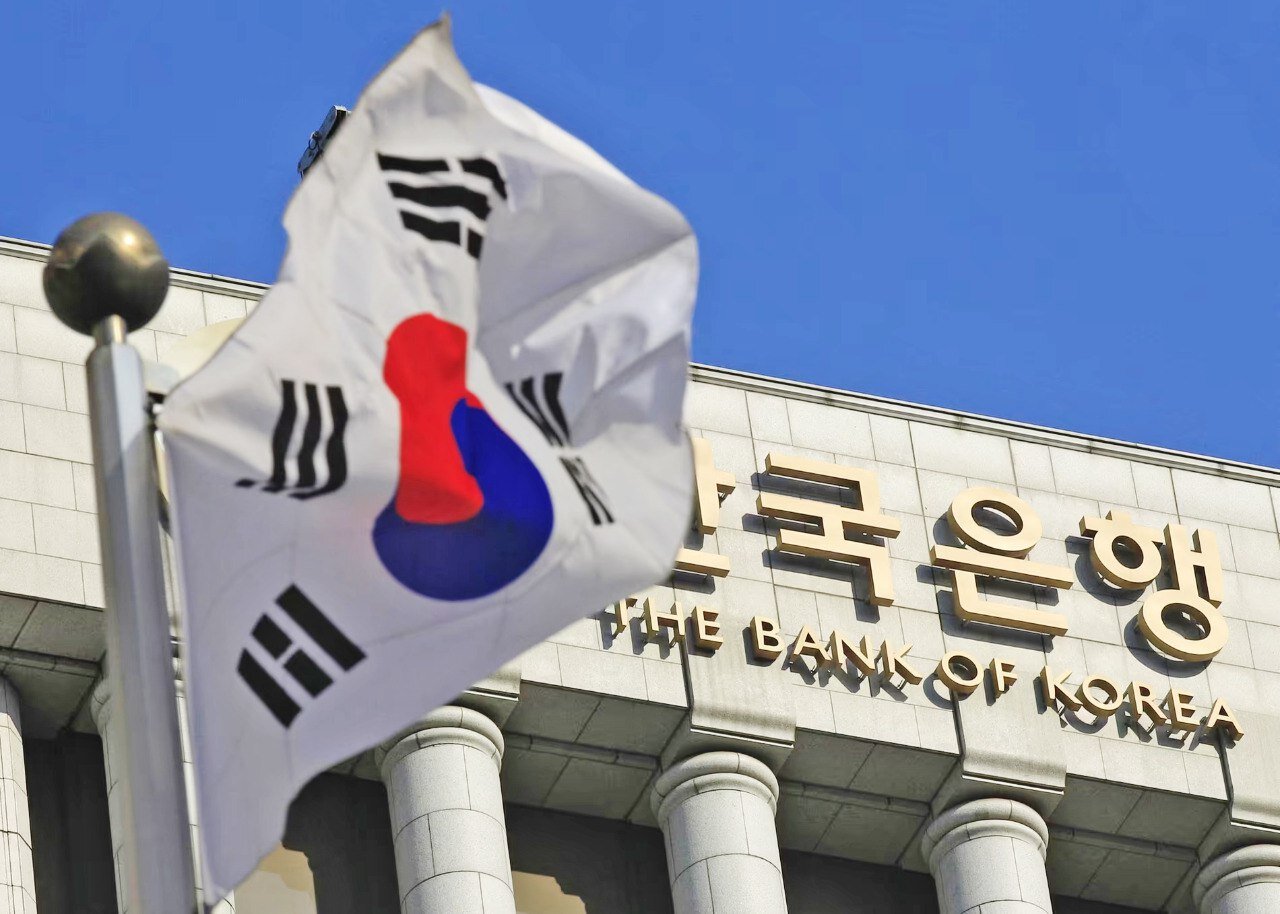By Ilia Moghanloo

TEHRAN – After years of unsuccessful diplomatic efforts, the Iranian government has decided to initiate legal proceedings against South Korea over Iran’s blocked assets in the East Asian nation.
In a letter dated July 22, Iranian President Ebrahim Raisi referred a government bill to the Speaker of Parliament, Mohammad Bagher Qalibaf for the purpose of observing the legal formalities.
The bill, officially called “the Referral of Dispute between the Central Bank of the Islamic Republic of Iran and the Government of the Korean Republic for Arbitration,” was ratified by the cabinet of ministers on July 5, according to Tasnim.
The financial dispute between Iran and South Korea dates back to 2018, when the United States unilaterally withdrew from the 2015 Iran nuclear deal, formally called the Joint Comprehensive Plan of Action (JCPOA), and started slapping economic sanctions on Iran. Before 2018, South Korea had been the third-largest buyer of Iranian oil and the top customer of Iranian condensates. The oil trade between Tehran and Seoul resulted in the accumulation of some $7 billion in Iranian oil revenues in South Korean banks.
With tensions between Tehran and Washington exacerbating, Seoul moved to block the Iranian funds for fear of falling afoul of U.S. sanctions on Iran.
The move irked Iran, which continued to demand that South Korea release the frozen funds. In a bid to get its funds, Iran held several rounds of talks with South Korea some of which were within the framework of the broader talks between Iran and the West.
In late May, officials from the United States and South Korea held talks over unfreezing Iranian funds held in South Korean banks, according to a South Korean daily. The talks were focused on releasing the $7 billion Iranian funds that have long been blocked in South Korean banks due to U.S. sanctions. Citing diplomatic and government sources, The Korea Economic Daily said at the time, “Korean and U.S. government officials are involved in working-level discussions under Washington’s leadership to unfreeze the Iranian funds.”
The talks seem to have failed to yield concrete results, which led Oman to offer mediation in this regard. In June, Iranian lawmaker Shahriar Heidari, who is the deputy chairman of the Parliament’s National Security and Foreign Policy Committee, said the Omani initiative struck a responsive chord with South Korea.
With the apparent failure of the Omani initiative, Iran seems to have lost any hope of getting its funds through diplomatic channels. Therefore, the legal proceedings initiated by the Iranian government could be a departure from the diplomatic efforts.
Over the last few weeks, Oman has been actively involved in mediatory efforts between Iran and the U.S. to secure an unwritten agreement between the two sides. The kernel of the Omani initiative was for Iran and the U.S. to exchange prisoners and secure the release of the Iranian frozen funds in Iraq and South Korea.
In late June and early July, Iran and the U.S. were on the cusp of making a deal on swapping prisoners in Oman. Iran was supposed to release three American prisoners. But the U.S. conditioned the deal on releasing a fourth prisoner, named Shahab Dalili, something that stymied the whole bargain.

No comments:
Post a Comment